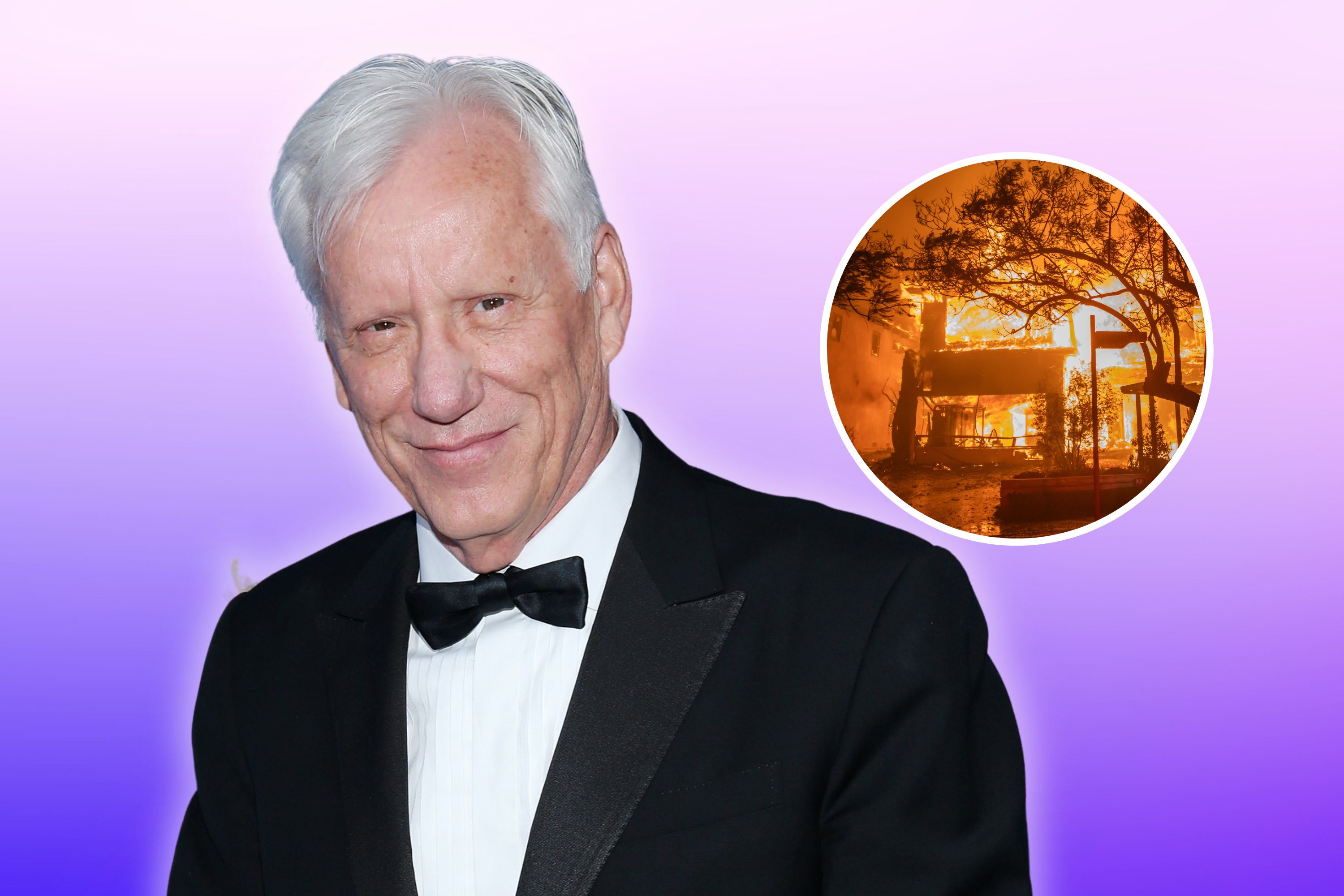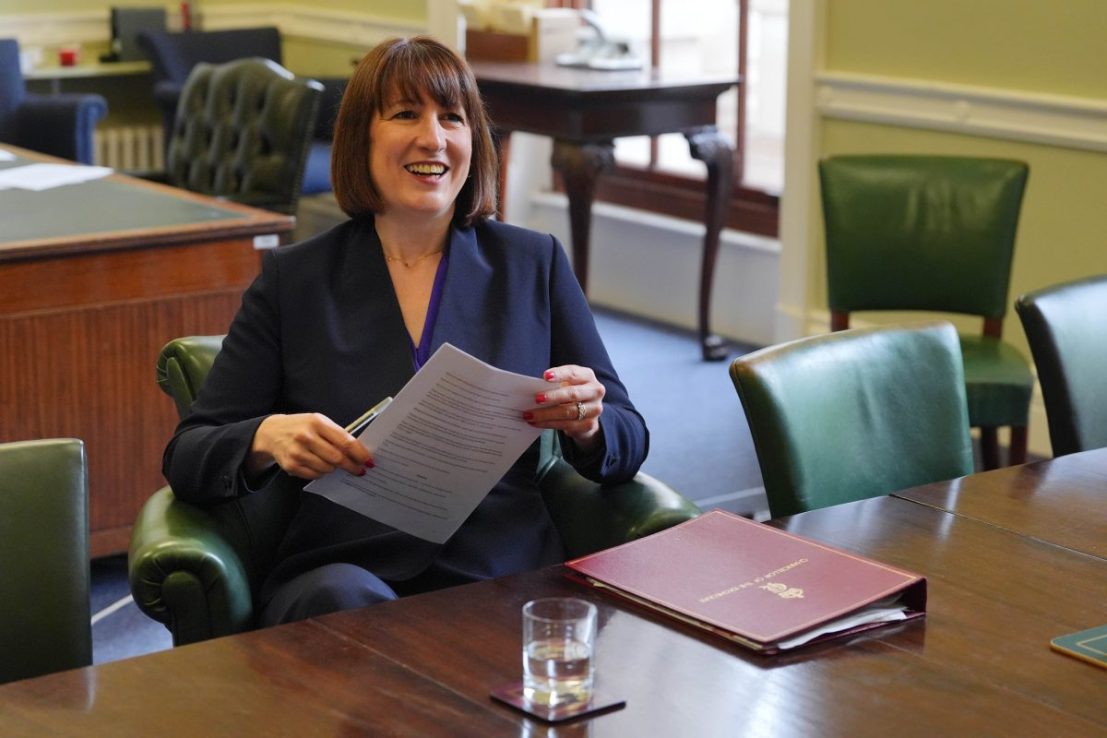
Inflation in the eurozone increased in December, new figures show, cementing the view that the European Central Bank (ECB) will cut interest rates gradually. ‘Flash’ figures from Eurostat show that the headline rate of inflation increased to 2.4 per cent last month, up from 2.
2 per cent the month before. The increase was widely anticipated by both economists and policymakers and was largely driven by an increase in energy costs. Energy prices rose 0.

1 per cent in the year-to-December, up from minus two per cent in November. This was the first time since July that energy prices pushed up on the headline rate. Economists at ING pointed out that energy could be an upside risk to inflation in the first quarter given the recent increase in natural gas prices.
“This upward trend isn’t over yet,” Peter Vanden Houte, chief eurozone economist at the Dutch bank said. Services inflation also picked up to 4.0 per cent from 3.
9 per cent previously. Policymakers have flagged the metric as a good indicator of domestically driven price pressures. Although some analysts have argued that the ECB should cut interest rates more aggressively in the new year, this now looks doubtful.
“The continued stickiness of euro-zone services inflation means that the ECB is likely to keep cutting interest rates only slowly even as the economic outlook remains poor,” Jack Allen-Reynolds, deputy chief eurozone economist at Capital Economics, said The ECB cut interest rates four times in 2024, meaning the bloc’s benchmark rate stood at three per cent at the end of the year, down from four per cent in June. Despite the rate cuts, the economic outlook for Europe remains poor. Survey data suggests that the European economy ground to a standstill at the end of last year with forecasts bleak for 2025.
But with inflationary pressures rising back up the agenda, Vanden Houte said it was “unlikely” that the ECB would opt for larger interest rate cuts even as the economy slows. “Those claiming that the ECB is ‘behind the curve’ may therefore be further disappointed,” he said..















